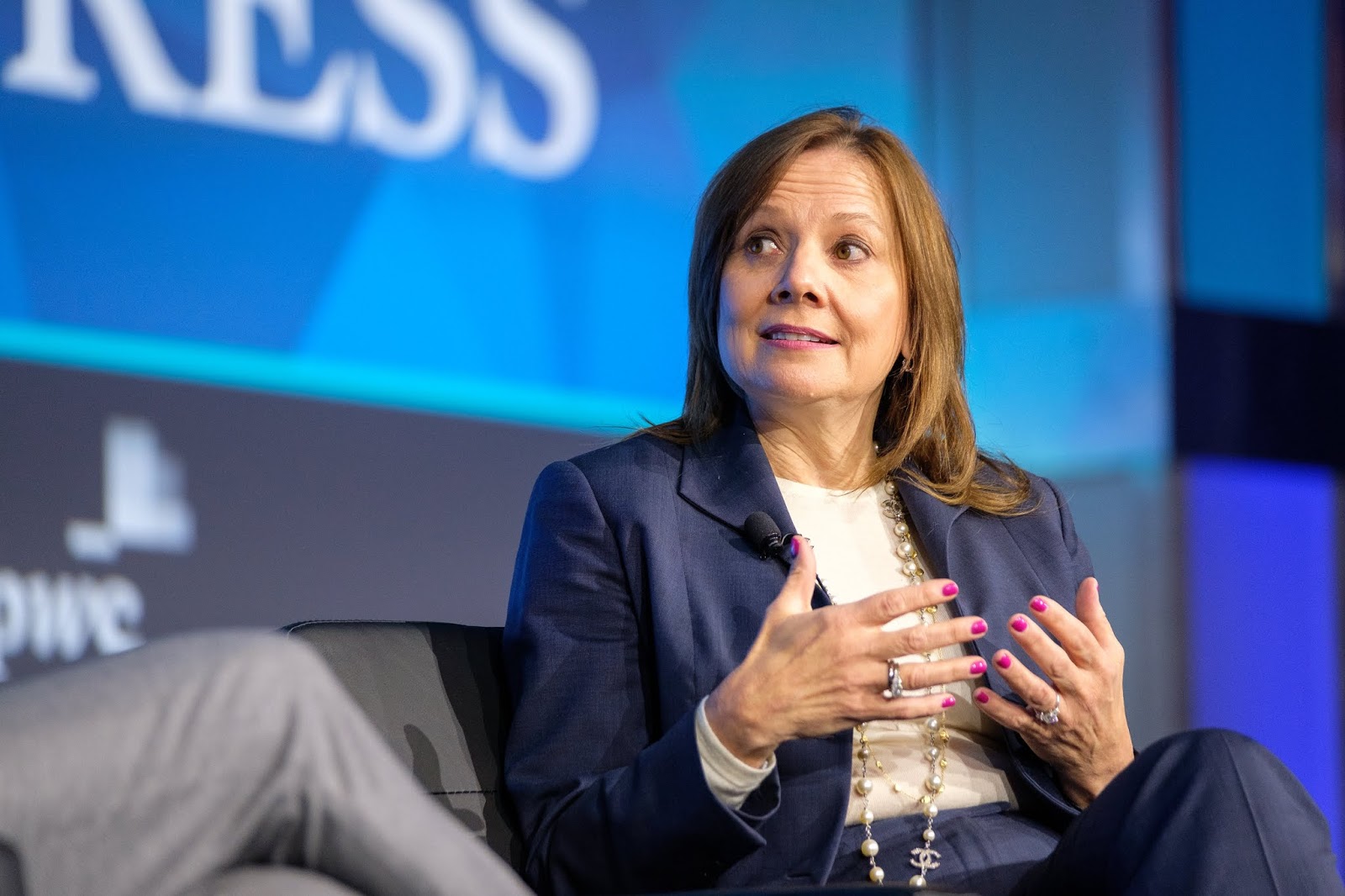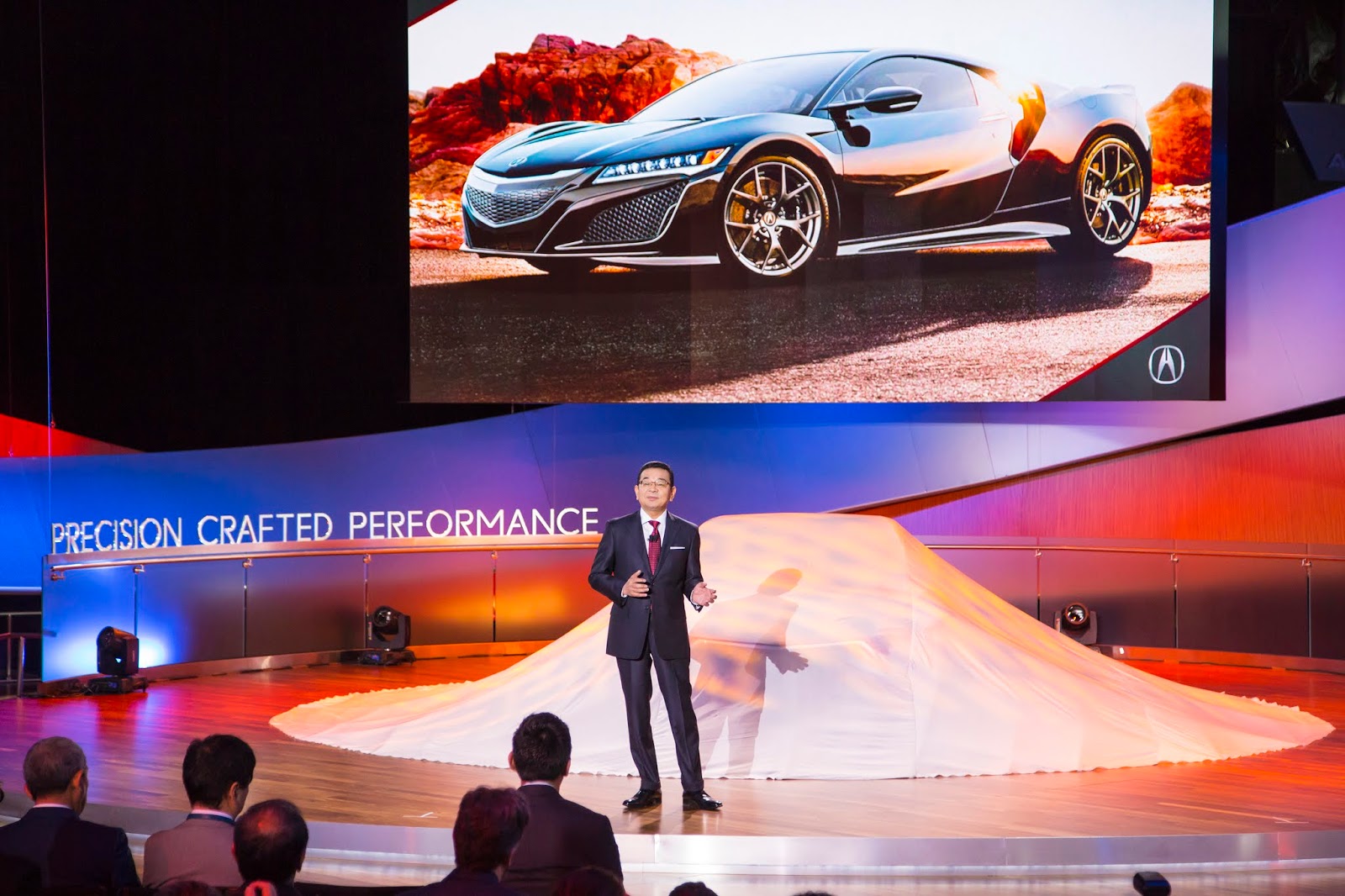- General
- June 8, 2019
- 5 minutes read
A GM Cruise Test With Honda’s CEO Reportedly Went Wrong
GM CEO Mary Barra image: General Motors According to a piece from The Information highlighting technical difficulties faced by GM Cruise,…
 |
| GM CEO Mary Barra
image: General Motors
|
According to a piece from The Information highlighting technical difficulties faced by GM Cruise, A test from the driverless car company that happened mid-April with Honda CEO Takahiro Hachigo went wrong, with its self-driving car software suddenly switching off after about 20 minutes in. The report says attempts to restart the software failed, leading its backup driver to take control and a second self-driving car picking up Honda CEO Hachigo to complete the test.
Such glitch may be embarrassing to Cruise, given Honda’s status as one of the largest investors in the company, with a $2.75 billion commitment. The Information says glitches like this have led GM Cruise to repeatedly postpone its planned launch of a fully commercial robotaxi service, from an initial time frame of 2018 to the very end of this year. Launching a fully commercial robotaxi service is undoubtedly hard, with Cruise’s technical difficulties being the latest reminder of how far driveress car technology has to go to be prepared for commercial use.
 |
| Honda CEO Takahiro Hachigo
image: Honda
|
GM Cruise was previously reported to have fallen short of its own predictions of how many miles its self-driving vehicles would ride each month, declaring 450,000 self-driving miles in all of 2018 in California, compared to predictions of 1 million miles per month made by ex-CEO and now CTO Kyle Vogt. During the same period, Alphabet’s Waymo rode 1.2 million self-driving miles in California.
Nevertheless, GM Cruise has been on quite a ride. The company recently raised $1.15 billion from a group of investors including funds advised by T. Rowe Price and existing backers like Honda, Softbank Vision Fund and major shareholder General Motors. GM Cruise was also reportedly looking to purchase lidar company Blackmore before it got acquired by Aurora, an Amazon-backed self-driving company valued at $2.5 billion.






